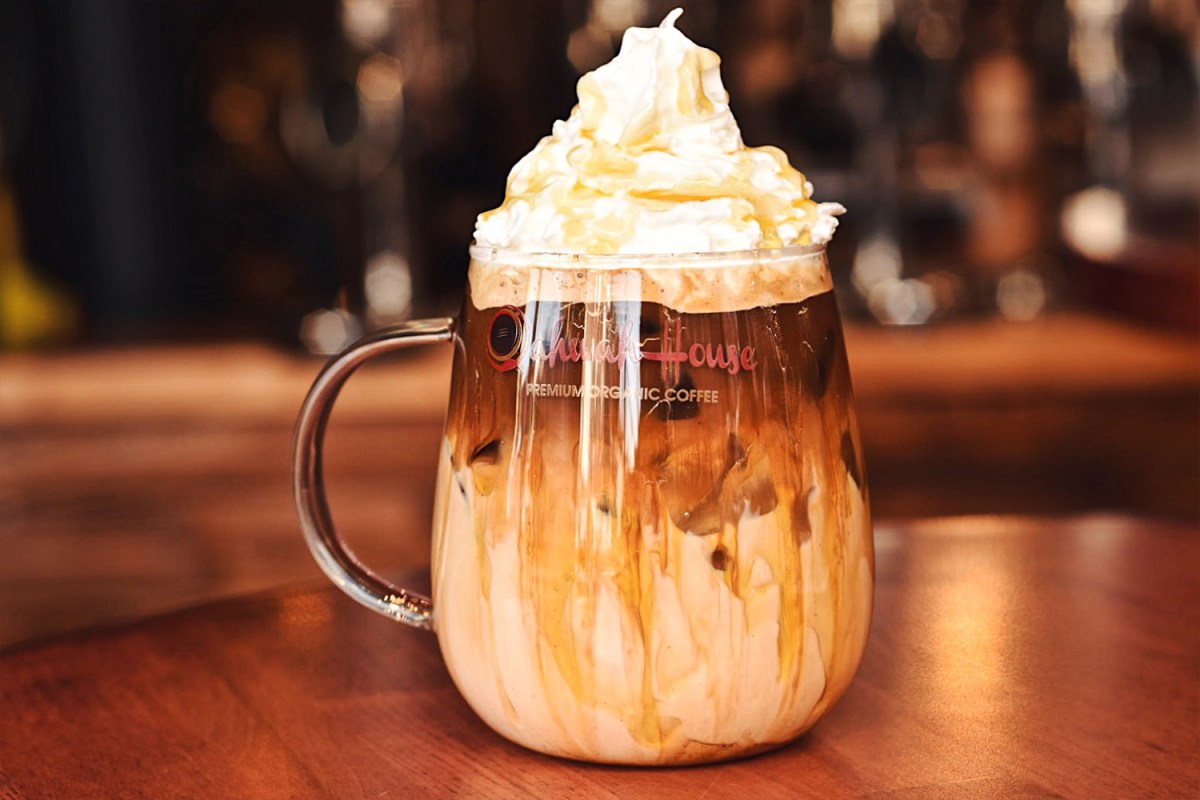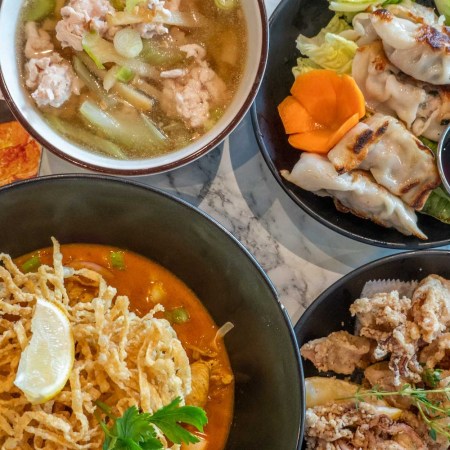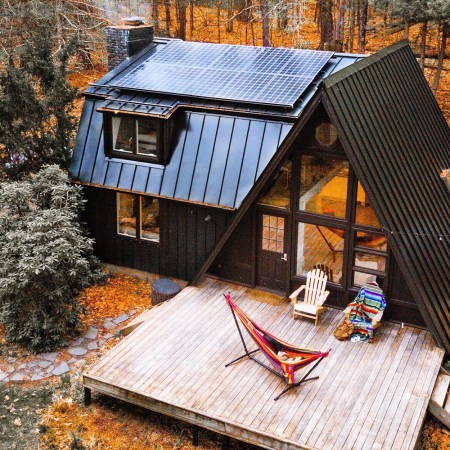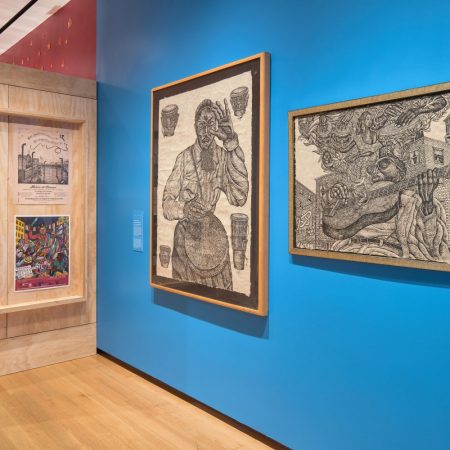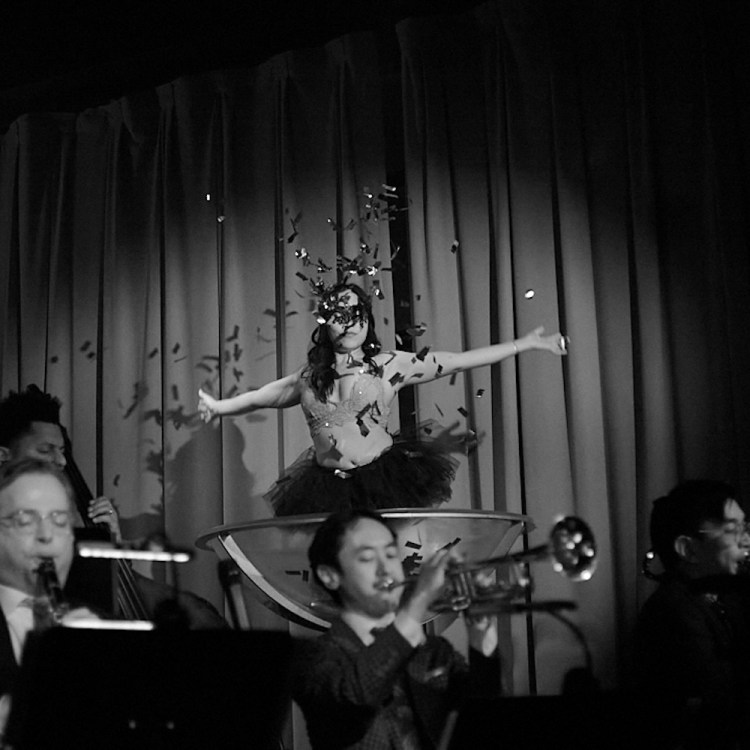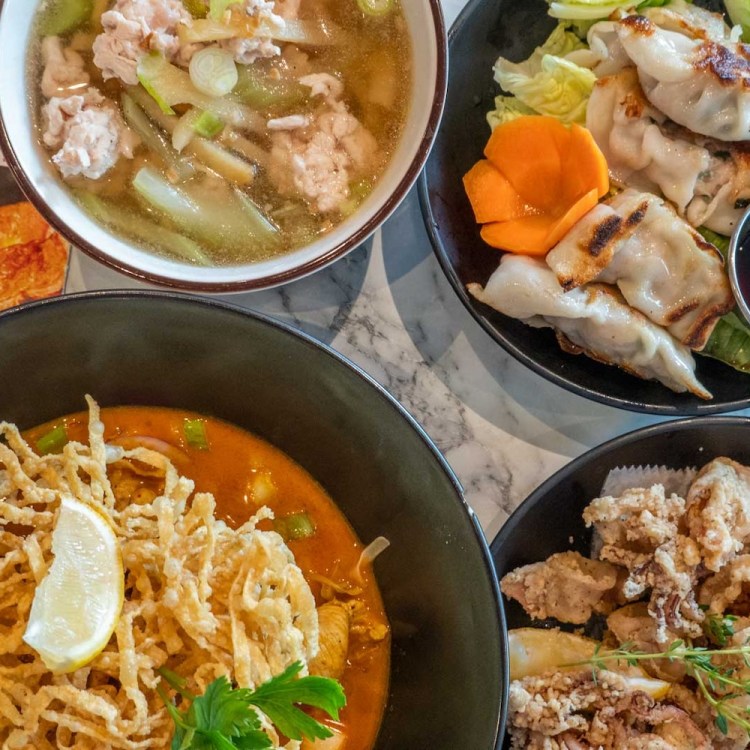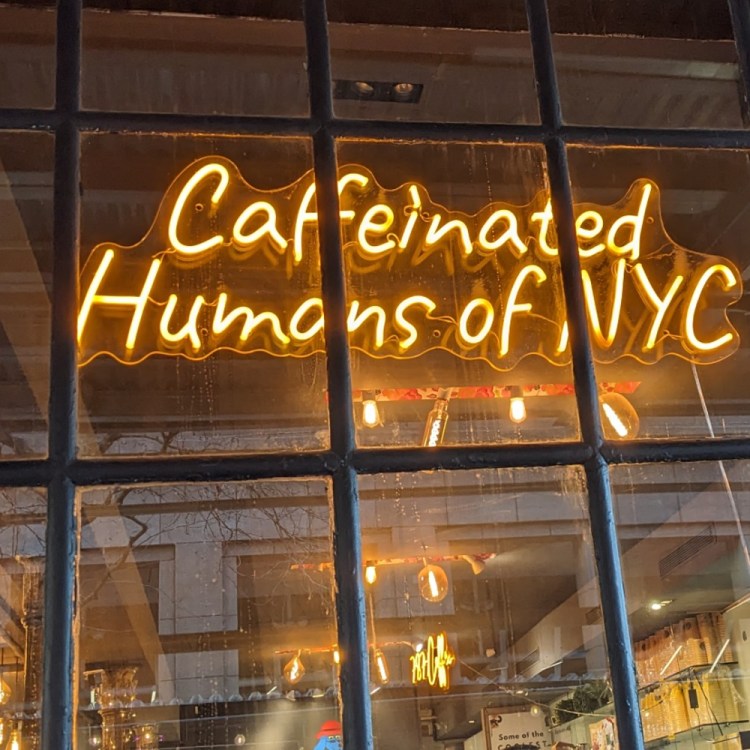Even for the most dedicated aficionados, New York City’s coffee scene can become tiresome after a while. Third-wave coffee dominates in Brooklyn, Manhattan and much of Queens, with its focus on fruity, acidic flavor profiles and finding new ways to pour hot water over coarsely-ground beans. If you, like me, are a serious coffee nerd who wants something a little more exciting out of your eight-dollar latte, then Qahwah House should be at the top of your list.
Located on the corner of Bedford Avenue and North 8th Street in Williamsburg, from the outside, Qahwah House could pass for just another hip cafe. They have an on-trend outdoor seating area, and the storefront simply says “organic coffee,” but what you’ll find inside is nothing like the overly-fussy brews you get at most of the neighborhood’s coffee shops.
“Qahwah House was born into existence when I wanted to share my culture, family expertise and love of coffee to the world. When I tried coffee in America, I was stunned. It wasn’t actual coffee — at least not the one I’ve grown up on and got used to,” says owner Ibrahim Alhasbani, who opened the first Qahwah House location in Dearborn, Michigan, in 2017. After trying the delicately spiced, intensely flavorful brews at their Williamsburg location, which opened in November 2020, it’s easy to understand why he felt the need to bring Yemeni-style coffee stateside.
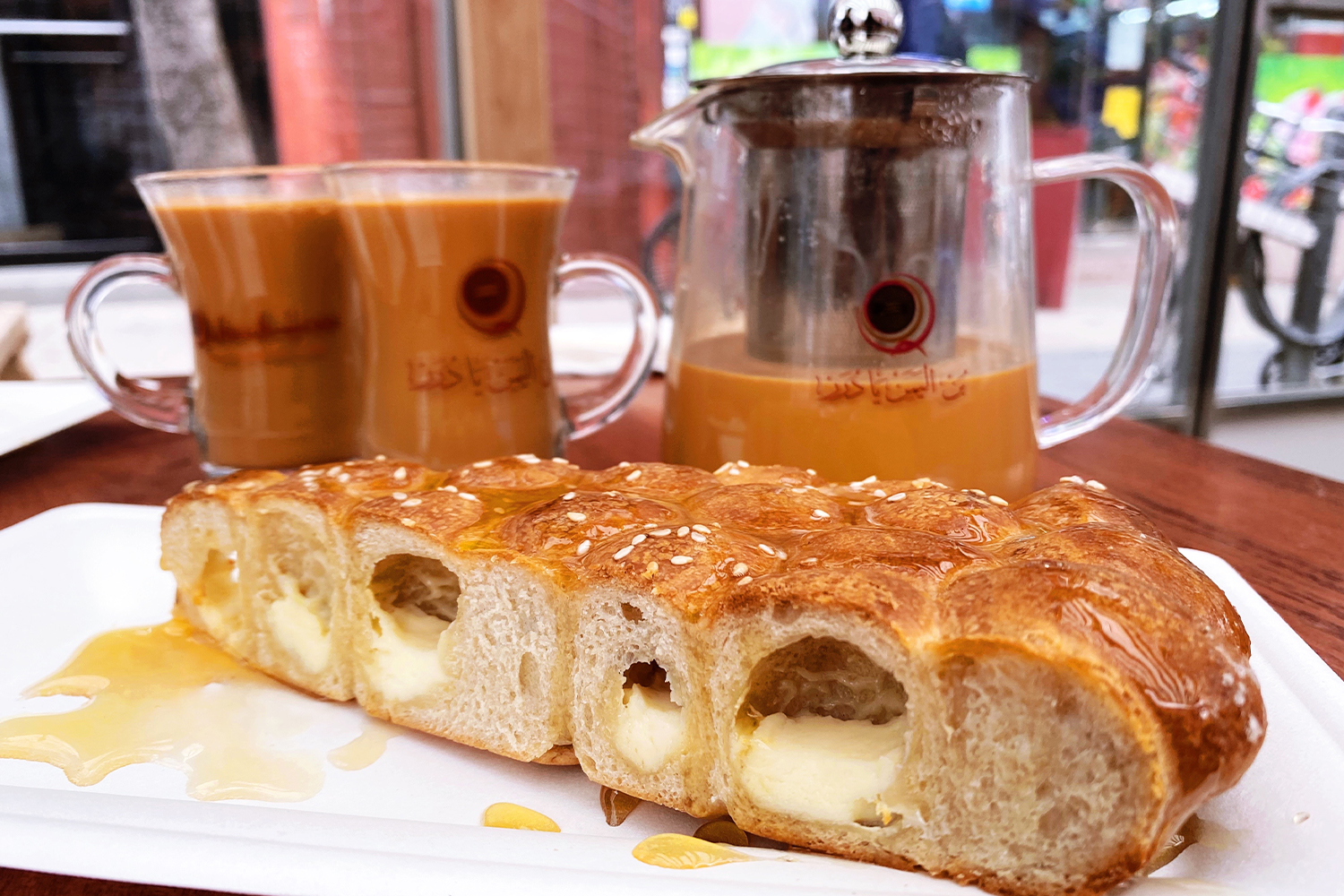
Take, for example, their Jubani coffee, a blend of medium and light roast beans, coffee husks and aromatic spices. It’s served lightly sweetened, with no milk or cream, and it tastes like a cross between spicy ginger tea and a perfectly balanced light roast. There’s also the Mofwar, my husband’s go-to order, which combines a finely ground medium-roast coffee with cardamom and evaporated milk, all brewed together and strained into a glass pot. Both are examples of traditional Yemeni coffee drinks that will expand your concept of what coffee is, and can be.
You can get your drink to go, but you should get it to stay. There’s a real sense of ceremony when you order at Qahwah House. Most of the drinks are brewed by hand, in individual stainless steel pots over an induction cooktop, in plain view of the customer. It’s an experience to watch, and if you’re the kind of person who likes to film vertical video of food and beverages, there’s no shortage of engaging content to be made here. Most of the drinks are served by the pot, with a tealight candle in the base to keep it warm, and multiple small cups. The obvious implication is to sit down, slow down, and share.
“Coffee culture in Yemen is a very social one,” says Alhasbani, “In the states, many consumers take coffee quickly on the go to head to work […] it is consumed mainly in the form of a cup of coffee. However, in Yemen the coffee culture is the opposite. It is one of sitting down. One of relaxing and gathering. It is a social thing. Friends and family gather at a cafe shop and discuss their day, work or anything else over a large pot of coffee. Not just a single cup.”
This focus on social connection is present in every detail of the Qahwah House experience, but while the traditions of Yemeni coffee culture might be their guiding principle, they’re also not afraid to try new things. Take, for example, their Yemeni Iced Latte, which might just be the best iced latte I’ve ever had (and I’ve had a lot). It starts with an espresso blend that’s infused with ginger, cardamom, and cinnamon, poured over milk and ice, and topped with a mountain of whipped cream and honey. It embodies all of the frivolous fun of an American-style iced coffee beverage, but is packed with serious and sophisticated flavor. Unlike the freakshakes and frappuccinos that you often see on social media, this is an aesthetic iced beverage designed for coffee connoisseurs.
I’d be remiss not to mention the Adeni Chai, Qahwah House’s other signature drink, which can be ordered either hot or iced. As with many of the other drinks on the menu, this milk tea gets its creaminess from evaporated milk, which lends a richer, more concentrated flavor. Pair it with a slice of Khaliat Alnahl, a pull-apart pastry made of cheese-stuffed yeasted dough that comes liberally drizzled with honey. You will have no desire to rush to your next meeting, or anywhere else, for that matter.
Even though their Williamsburg location is a 20-minute drive from my apartment in Kensington, I’ve found myself wanting to return on an almost weekly basis. Part of the draw is the sense of adventure — I know I’m not going to get yet another technically-perfect-but-boring latte here. The other part is the sense of relaxation, of taking the time to learn about and appreciate the way the oldest coffee culture in the world meant for it to be enjoyed.
“Most people don’t know that Yemen was the first country to produce and ship coffee to the world,” Alhasbani notes, “I want people to know that Yemen is behind every cup of coffee, behind every smile in the morning.”
This article was featured in the InsideHook NY newsletter. Sign up now for more from all five boroughs.
